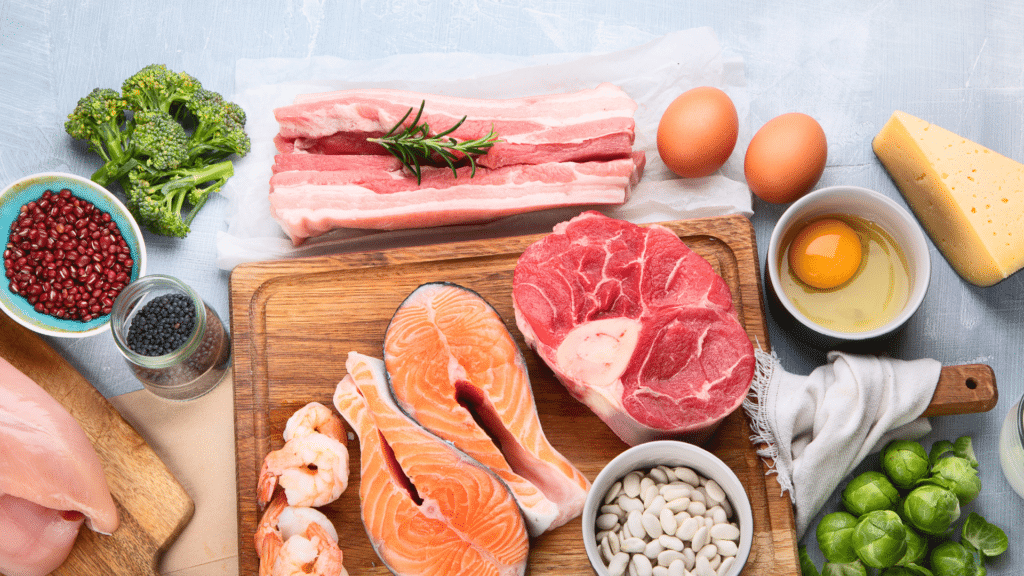
You’ve heard of protein before. You might even have some idea of what it is and why you need it.
But how well do you understand the macronutrient and its importance?
Today, we’ll take an in-depth look at protein, why it’s essential to consume, how much you should get, and what the best sources are.
Let’s dive in.
Protein is a macronutrient with various important roles in the body. Once ingested, the body breaks down protein into its building blocks – amino acids. These amino acids then travel to
the bloodstream where they circulate the body and lend themselves for:
So, we don’t just need protein to build muscle; we also need it to function normally and remain healthy. If these are your goals, you need to start paying more attention to protein.

You’re likely to come across many recommendations ranging from as little as a gram per kilogram to as much as three to four grams per pound of body weight.
In truth, you should aim for somewhere in the middle. Here are some specific recommendations:
>General health – aim for 0.6 grams per pound of body weight (108 grams for a 180- pound person)
> Muscle gain – aim for 0.8 grams per pound of body weight (144 grams for a 180- pound person)
> Fat loss – aim for 0.8 to 1.2 grams per pound of body weight (144 to 216 grams for a 180-pound person)
The only exception here would be extremely overweight or obese individuals. They could afford to consume less protein per pound of body weight simply because they carry a lot of fat. It wouldn’t make sense for a 300-pound person to consume 250+ grams of protein each day. As a rule, they should aim for around 0.5 to 0.7 grams per pound of body weight.

Plenty of people would say that protein timing is essential. In truth, it’s not nearly as important as you might believe.
Research by Brad Schoenfeld and Alan Aragon (two foremost fitness experts) suggests the following (1, 2):

The amino acid profile determines protein quality. Like most things, protein can also be of low and high quality. High-quality (also known as complete) protein is that which has the nine essential amino acids.
In general, you don’t need to worry about the sources much, especially if you eat a balanced diet and get plenty of whole foods.
With that said, here are some of the sources with the highest quality protein:
Monday-Friday: 6am to 8pm
Saturday: 8am to 10am
Sunday: Closed
Unit 11, Beach Close, Newhaven, BN9 0BY
07393684952
